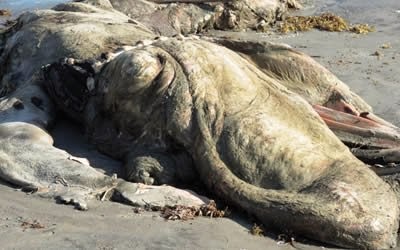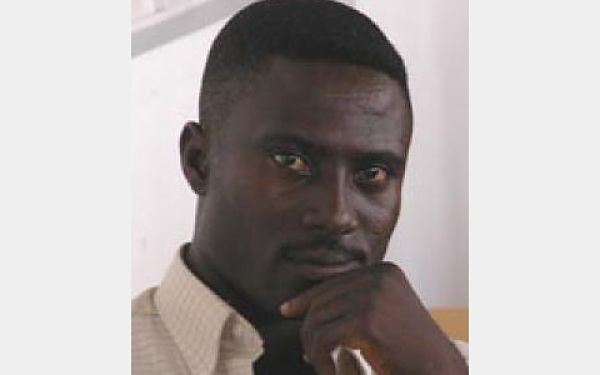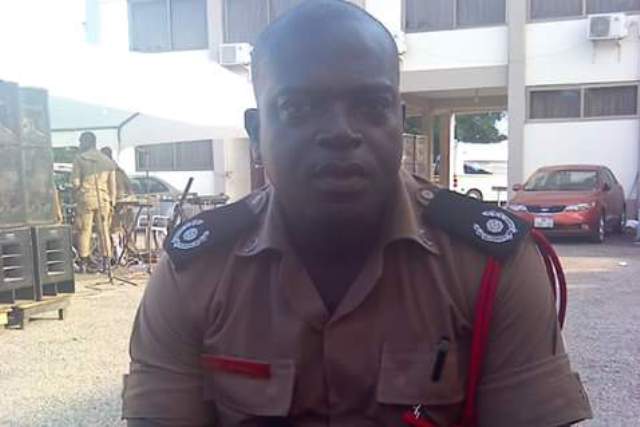‘Pistorius Lives To Love Again. Reeva Is Dead’

|
Getting your Trinity Audio player ready...
|
 The cliche "what a difference a day makes" could not be more apt than
The cliche "what a difference a day makes" could not be more apt than
when describing the dramatic reversal of fortune for Oscar Pistorius.
Twenty-four hours before shooting girlfriend Reeva Steenkamp, the
athlete had sponsorship deals worth millions, with many more in the
pipeline and was revered around the globe.
His agent said that to call his future bright then "would be an
understatement" and he was guaranteed financial security up to his
planned sporting retirement.
A day later, his girlfriend was dead, his reputation was in tatters,
he was arrested for murder and a return to his sporting career and
therefore his livelihood was uncertain.
Now, his agent told the Pretoria court on the first day of Pistorius'
sentencing hearing , he had no sponsorship deals at all.
But he insisted the runner still had much to contribute in the way of
charity work and this would be his way of contributing to society.
A jail term would rob him of that opportunity, he said. He described
an individual who was – before the killing – on the brink of setting
up his own Foundation to help others who were similarly disabled.
The shooting meant all that had to be put on hold.
The athlete's legal team has been arguing that the double amputee
should spend three years under house arrest at his uncle's home in
Pretoria rather than be sent to prison.
They want him to do two days' community service a month (two
eight-hour days) for the killing of his model girlfriend, which could
involve working at a museum or cleaning in a local hospital.
It was a possible sentence the prosecutor called "shockingly
inappropriate" for a man who'd killed another human being.
The psychologist who has been counselling the runner for the past 18
months said the athlete had initially at times been so overcome with
emotion that she'd spent much of the time at the beginning just
holding him as he sobbed.
The prosecutor suggested that Dr Lore Hartzenberg had got too close to
the athlete and her report was, therefore, biased.
He reminded her she'd been spotted crying as the athlete gave evidence
during his trial.
"He is a broken man who has lost everything," the doctor said.
"Yes, but he is still alive," Mr Nel retorted.
"Alive to live and love again. Reeva Steenkamp is dead."
Mr Nel reiterated the impact Reeva's death had had on her family and friends.
The state has yet to call its witnesses but the National Prosecuting
Authority says there will be an impact statement detailing the
life-changing implications for her family.
Her mother has said in several newspaper interviews she relied on her
daughter for financial support. Her father Barry suffered a stroke as
a result of the tragedy.
The defence has said it has one remaining witness to call, while state
prosecutors indicated they may have two witnesses.
The two advocates will each summarise the evidence given by their
witnesses and the judge is expected to retire for a short time –
possibly a couple of days – before pronouncing what punishment she
believes is apt for the runner.
The idea of house arrest for taking the life of another has gone down
very negatively among some of those who've been following the
sentencing hearing.
In South Africa, such are the country's laws protecting endangered
species, if the athlete had shot a rhino dead, he would have been
jailed for between 10 and 77 years.
If he'd killed a lion, he would have faced a 15-year jail term. But
for shooting dead a young woman, there's no minimum sentence for the
conviction of culpable homicide.
It's up to the judge's discretion.
Credit: Sky News




